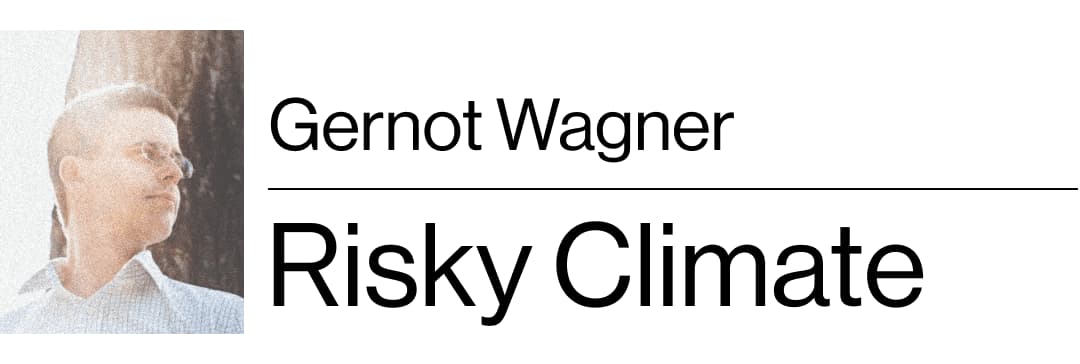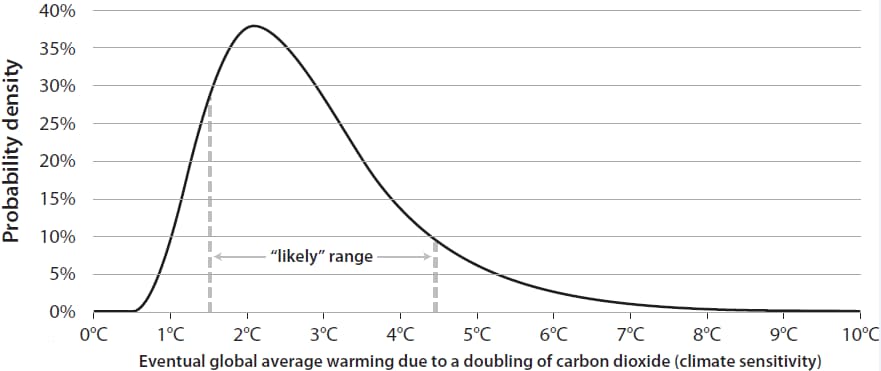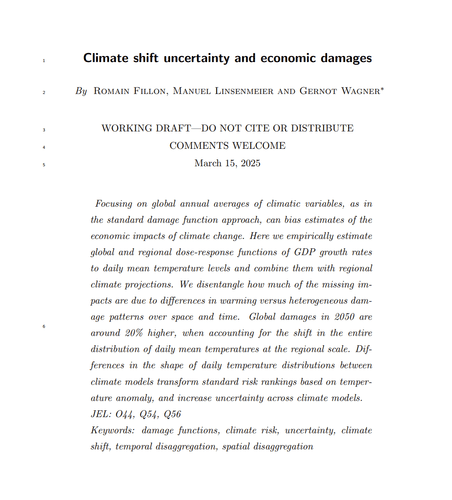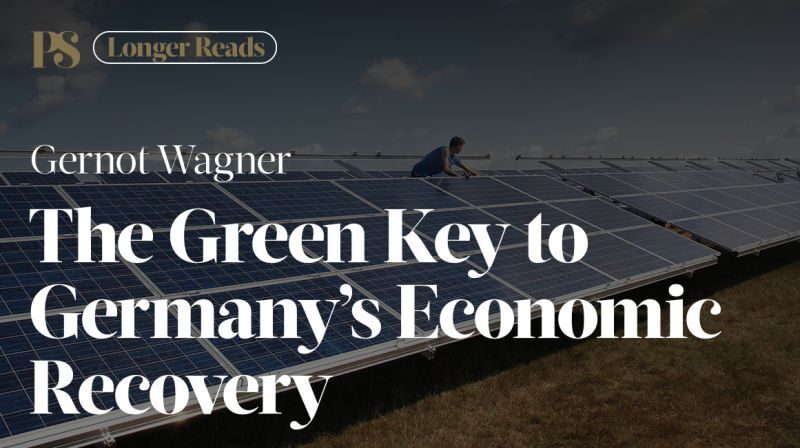Nightmare Climate Scenarios
The economist Martin Weitzman got scientists and politicians to think about the worst-case outcomes of global warming. We’re seeing them happen right now.

Read the full Risky Climate column at Bloomberg Green.
It’s hot out. It’s getting hotter. The climate memes practically write themselves: “Think this summer is hot? Consider it the coolest of the rest of the 21st century.”
It’s these events—the extreme hot days, droughts, floods, and other weather phenomena made worse through climate change—that the late, great Martin Weitzman thought about when writing about the “fat tails” of climate change, including in our joint book, Climate Shock.
Weitzman, who died two years ago this summer, got economists to think about just how bad the worst-case scenario of global warming could be. It’s not only about rising means, medians and averages of global temperatures, which themselves should have prompted the world to cut CO₂ decades ago. Climate change, he argued forcefully in a series of academic papers in the early 2000s, was a serious concern precisely because of what we don’t yet know and can’t quantify: the unknowns and unknowables.
The “fat tails” here refer to the long, right tail of the bell curve depicting eventual global average warming due to a doubling of CO₂. Most scientists have been focused on what’s “likely,” as, in many ways, they should. But while it’s good to plan for what’s in store, insurance is all about the low-probability, high-impact event—the long right tail of potential nightmare scenarios.

SOURCE: Gernot Wagner and Martin Weitzman. Climate Shock.
If all of that sounds theoretical and far off, it is. It was to Weitzman, too. He himself was much more worried about the present, and about extreme weather events and their impacts.
Continue reading at Bloomberg Green.


